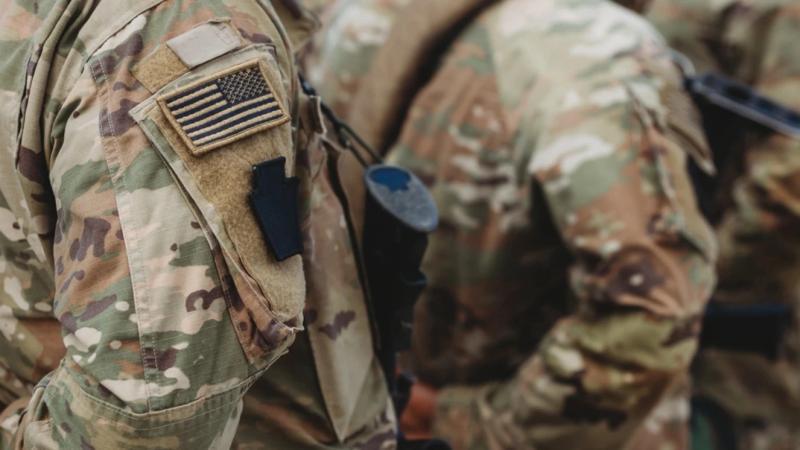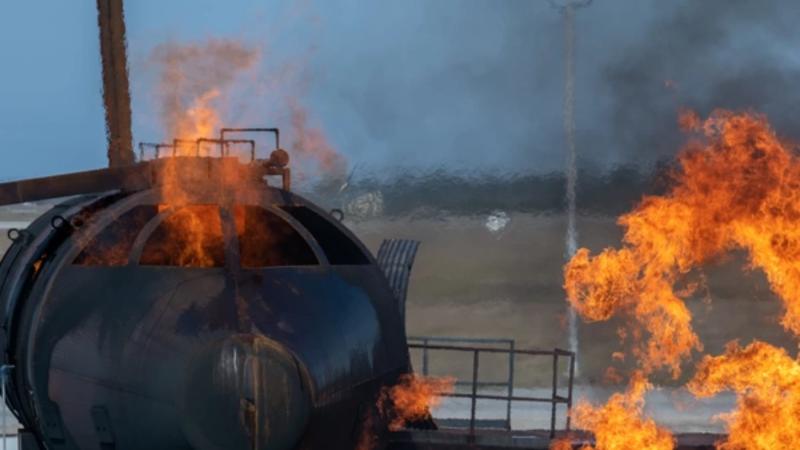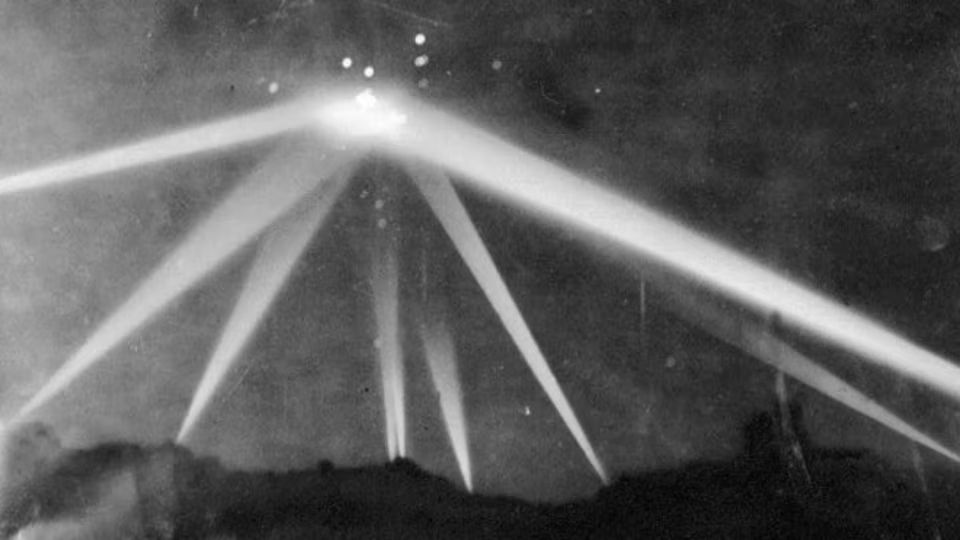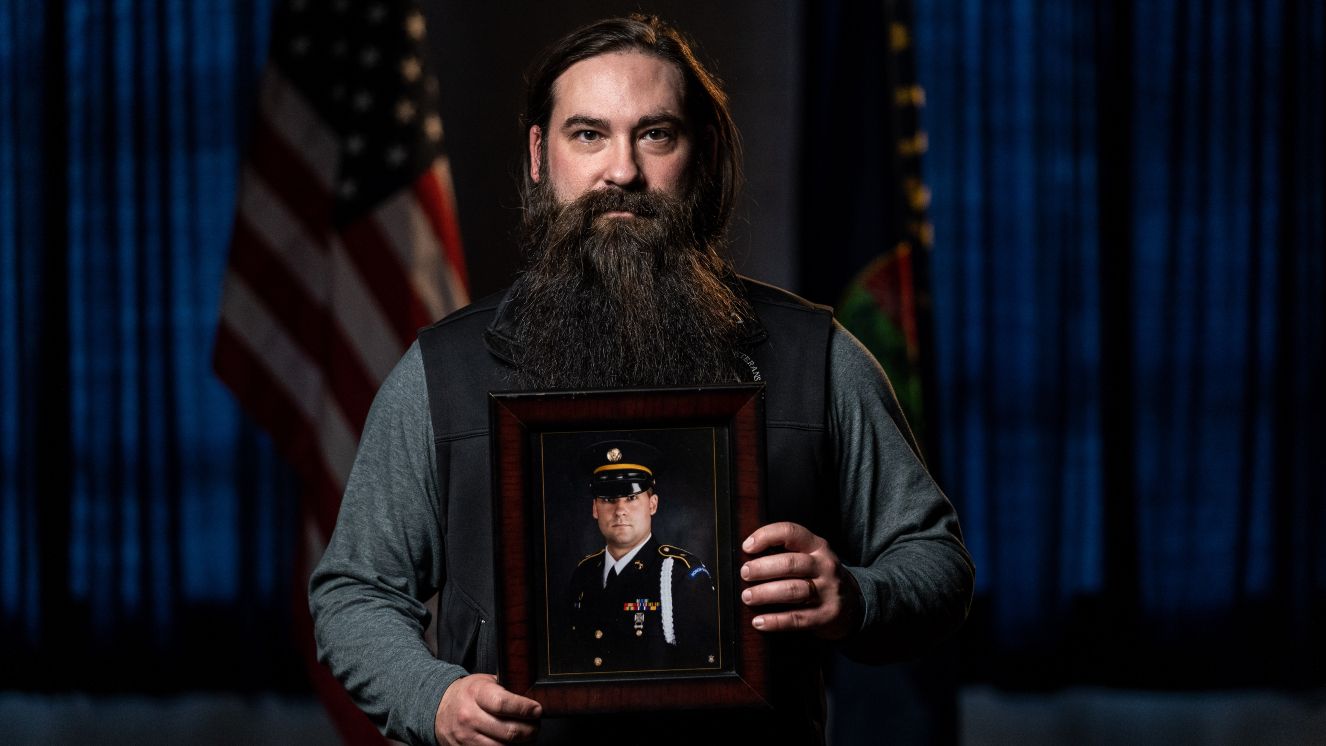VA BENEFITS UPDATE FOR VETS EXPOSED TO BURN PITS IN 2024
COMMENT
SHARE

The benefits you deserve as a Veteran have never been more available—they’ve also never been more complicated. Working through the jargon, qualifying process, and more can feel complex, but we’re here to simplify that. Among the many topics facing Vets are airborne hazards and open burn pit conditions that may qualify them for benefits. Let’s dive into the basics and how this can affect your healthcare.
Understanding Airborne Hazards for Veterans
The first thing Vets need to understand is that an airborne hazard is anything that contaminates or is toxic to the air we breathe.
It should come as no surprise that such ailments are prevalent on the battlefield, in training, and in other areas, including:
- Burn pits
- Dust and sand
- Pollution
- Exhaust, fuel, and other related fumes
- Smoke from oil well fires
Keep in mind that this list isn’t exhaustive but represents a notable variety of sources for VA airborne hazards.
The Effects of Burn Pits
One of the biggest concerns for modern warfighters and Veterans alike is the exposure to smoke and fumes generated by open burn pits.
This is because for those who have served in Iraq, Afghanistan, and Southwest Asia countries, their use was commonplace.
Everything from chemicals, to human waste, to unexploded ordinances, to raw materials like rubber and much more were burned in these pits, causing a ton of short and long-term health problems.
Thankfully, these pits are a thing of the past, though a few still remain as they are still in the process of being closed.
Unfortunately, this doesn’t undo the negative health effects they exposed military members to.
The types of negative effects from burn pits and airborne hazards will depend on many different factors, including what was burned, how often you were exposed, the amount of time you were exposed, wind conditions, additional environmental hazards in the area, etc.
VA researchers are still studying airborne hazards and burn pits, along with other environmental hazards affecting the military.
Ongoing research aims to provide better support and treatment for affected Veterans and has led to an increase in care, as seen with the expansion of the PACT Act.

VA Presumptive Conditions for Burn Pit Exposures 2024
VA disability ratings are issued based on presumptive conditions, which allow you to qualify for benefits. When it comes to airborne hazards and burn pit exposures, there are several conditions that may apply, including:
- Acute and chronic leukemias
- Adenocarcinoma of the trachea
- Adenosquamous carcinoma of the lung
- Asthma that was diagnosed after service
- Brain cancer
- Chronic bronchitis
- Chronic obstructive pulmonary disease (COPD)
- Chronic rhinitis
- Chronic sinusitis
- Constrictive bronchiolitis or obliterative bronchiolitis
- Emphysema
- Gastrointestinal cancer of any type
- Glioblastoma
- Granulomatous disease
- Head cancer of any type
- Interstitial lung disease (ILD)
- Kidney cancer
- Large cell carcinoma of the lung
- Lymphatic cancer of any type
- Lymphoma of any type
- Melanoma
- Multiple myelomas
- Myelodysplastic syndromes
- Myelofibrosis
- Neck cancer
- Pancreatic cancer
- Pleuritis
- Pulmonary fibrosis
- Reproductive cancer of any type
- Respiratory (breathing-related) cancer of any type
- Salivary gland-type tumors of the lung
- Salivary gland-type tumors of the trachea
- Sarcoidosis
- Sarcomatoid carcinoma of the lung
- Squamous cell carcinoma of the larynx
- Squamous cell carcinoma of the trachea
- Typical and atypical carcinoid of the lung
- Urinary bladder, ureter, and related genitourinary cancers
How the PACT Act May Affect You
There have been more than 20 burn pit and other toxic preemptive conditions added based on the PACT ACT. The PACT Act has expanded benefit for Gulf War era Veterans and post-9/11 Veterans.
These cancers and illnesses are now presumptive due to the PACT Act:
- Asthma that was diagnosed after service
- Brain cancer
- Chronic bronchitis
- Chronic obstructive pulmonary disease (COPD)
- Chronic rhinitis
- Chronic sinusitis
- Constrictive bronchiolitis or obliterative bronchiolitis
- Emphysema
- Gastrointestinal cancer of any type
- Glioblastoma
- Granulomatous disease
- Head cancer of any type
- Interstitial lung disease (ILD)
- Kidney cancer
- Lymphoma of any type
- Melanoma
- Neck cancer of any type
- Pancreatic cancer
- Pleuritis
- Pulmonary fibrosis
- Reproductive cancer of any type
- Respiratory (breathing-related) cancer of any type
- Sarcoidosis
With that being said, here are some key points all Veterans should know:
- This is not an exhaustive list, and all healthcare concerns should be double-checked by a professional.
- Even with the expansion of benefits, you’ll still need to receive a disability rating.
- Everyone’s health effects will be different, and as a result, so too will their benefits.
- The PACT Act has other dynamics/requirements that may affect your eligibility, including when and where you served. To learn more about these factors, click the link below.
Learn More: A Full Guide to the PACT Act: How You and Your Loved Ones Benefit
Am I Eligible for VA Disability Compensation?
You may be eligible for disability compensation if you meet all 3 below requirements:
1) You have a diagnosed illness or health condition that's caused by exposure to a specific toxic hazard in the air, soil, or water, and
2) You served active duty in a location that exposed you to a hazard, and
3) You did not receive a dishonorable discharge.

VA Resources for Burn Pit Exposure Assistance
If you’re a Veteran who believes they’re suffering from one of the negative health effects above, it’s important to reach out:
- The first step is to get in contact with your healthcare provider.
- From there, you’ll need to apply for VA healthcare services and file your claim to receive your benefits.
The VA can still provide care without filing a claim, but if you want compensation, you’ll need a rating and to formally submit your claim.
Airborne hazards and burn pit risks are yet another example of the sacrifice Veterans endure so that our nation can remain safe. Receiving proper care and benefits is essential for taking care of the warfighters who have taken care of us.
FAQs
How do I file a claim for compensation?
You can file a new claim online. You can also file by mail, in person, or with the help of a professional.
What if I need help filing my claim?
You can get help from an attorney, claims agent, or Veterans Service Organization representative.
What if I have a pending claim for a condition that's now presumptive?
In this case, you don't need to do anything. If a condition was added after you filed a claim, it will still be considered presumptive.
Suggested reads:
Join the Conversation
BY BUDDY BLOUIN
Buddy Blouin is a Contributing Writer at VeteranLife.com
Buddy Blouin is a Contributing Writer at VeteranLife.com



